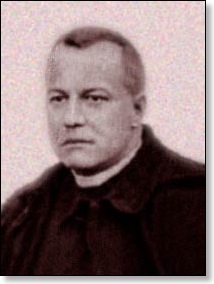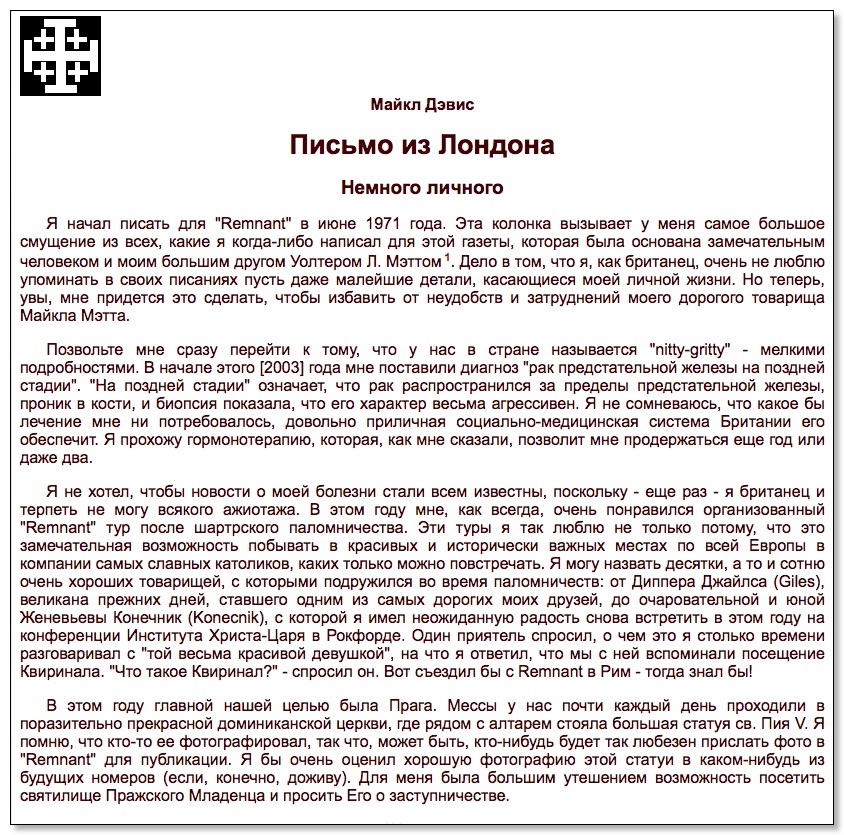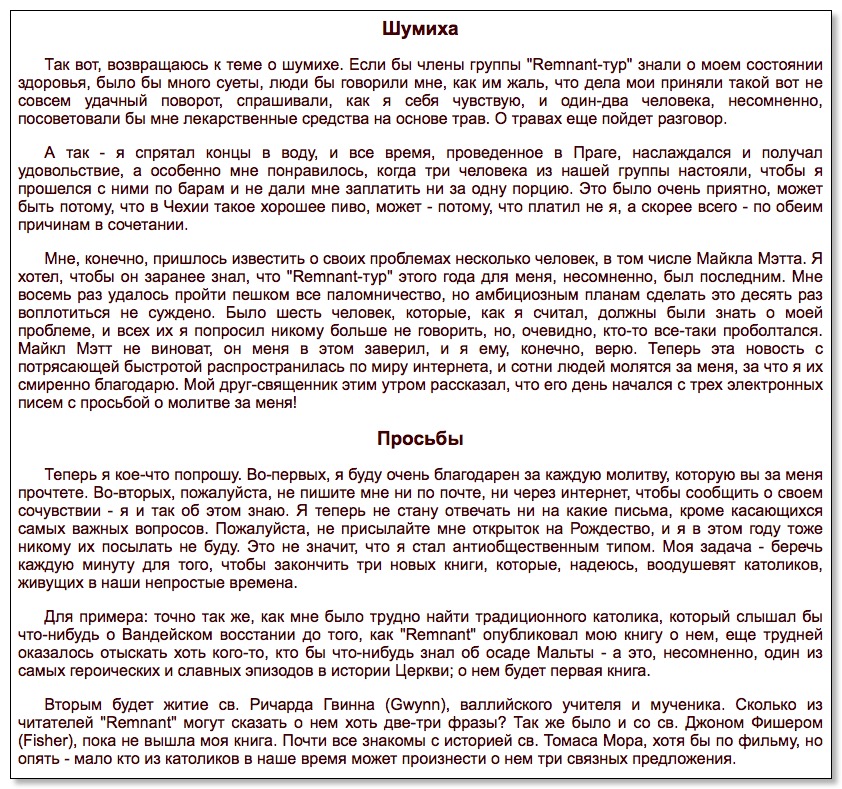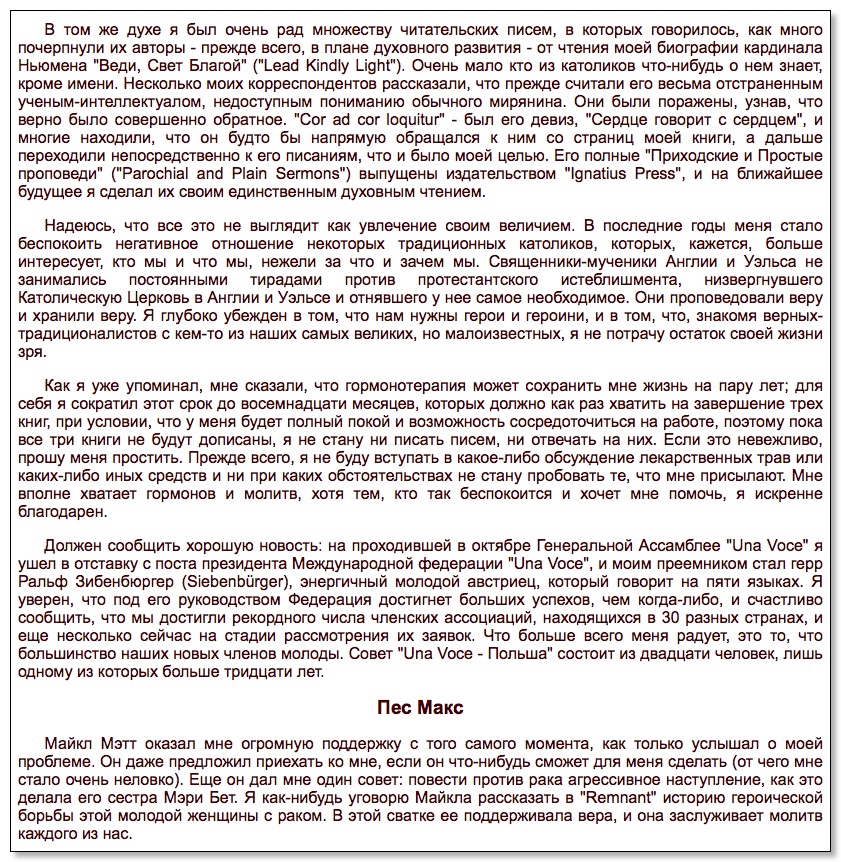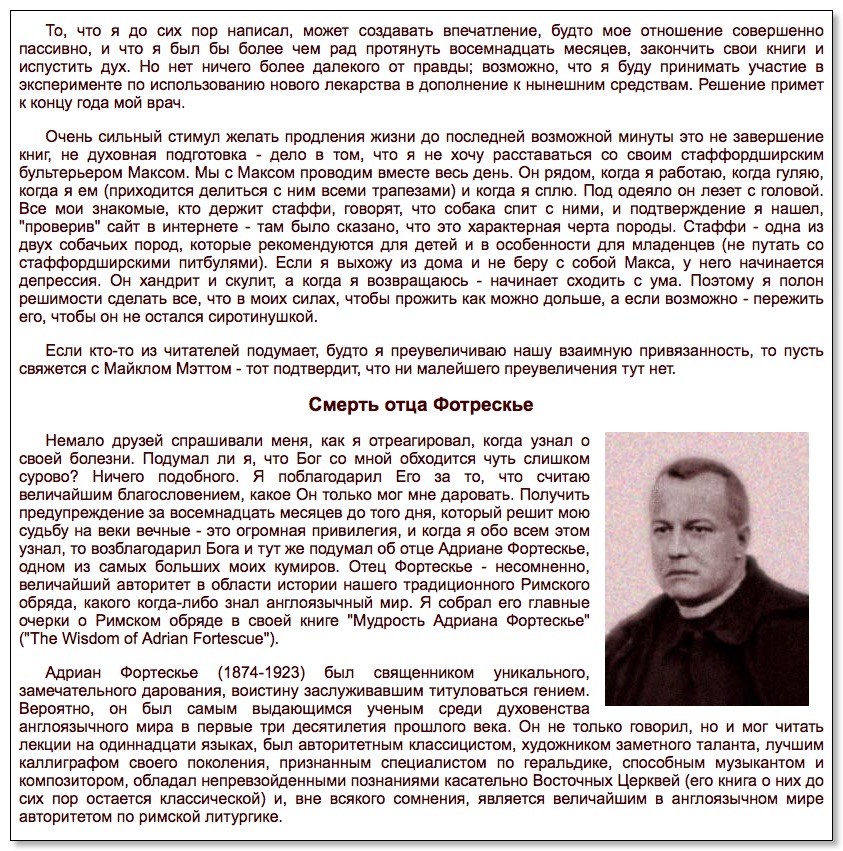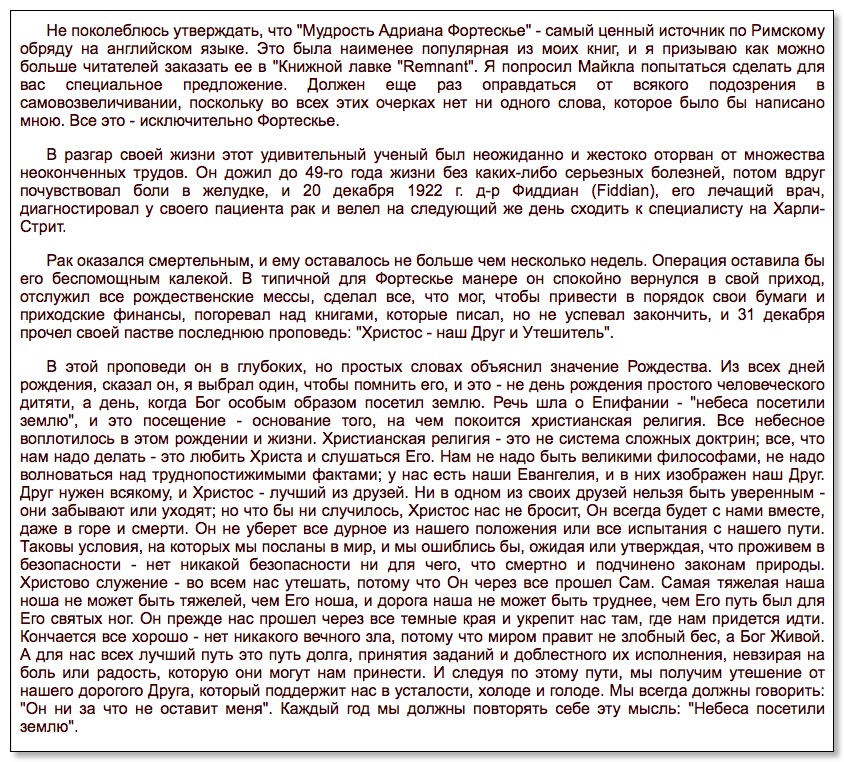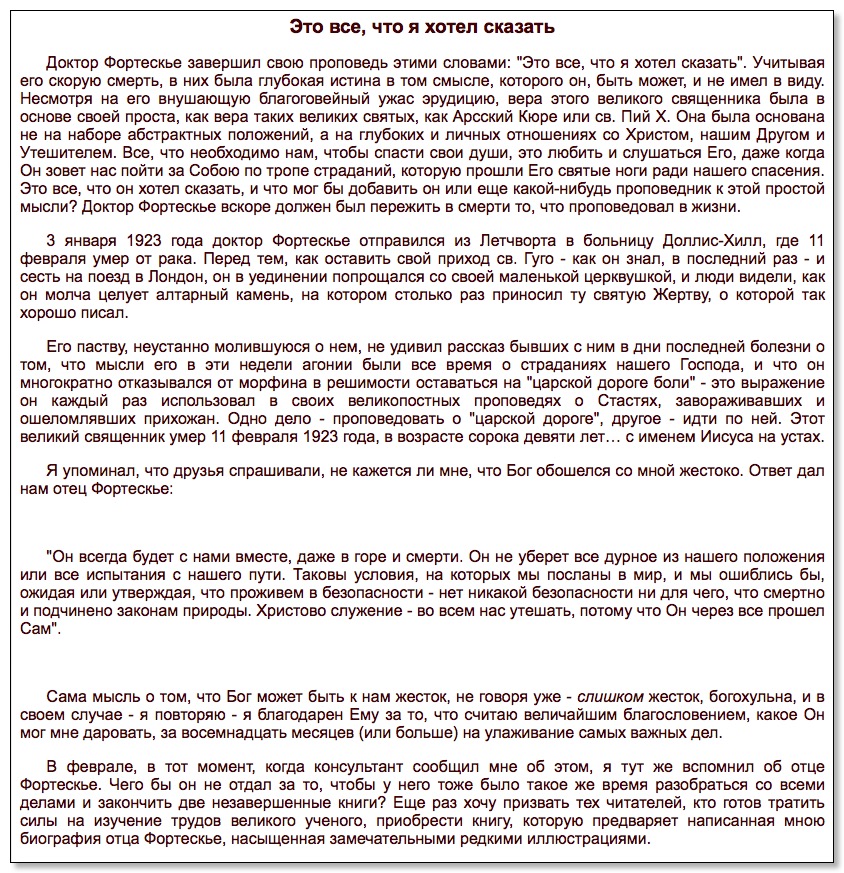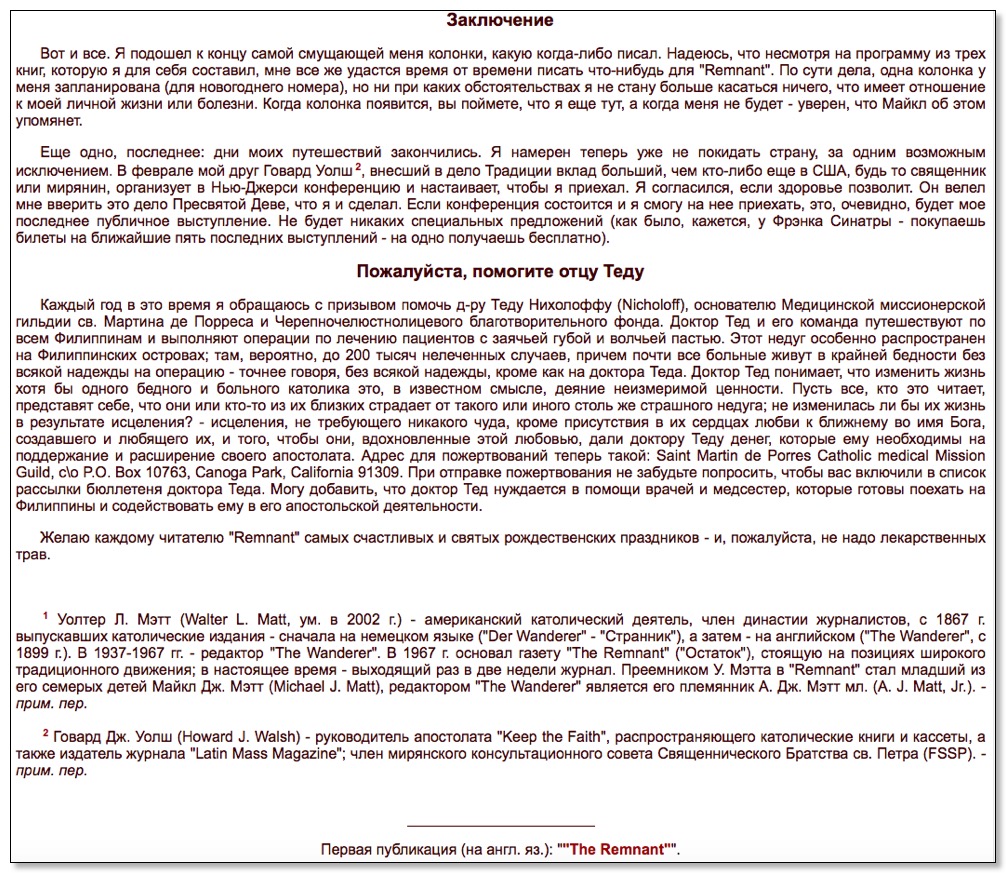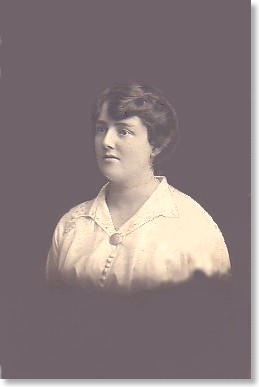Sommaire A
@ - Adrien De Fortescu 1909-1939 X Marie Poirier
@ - André Defortescu
@ - Anne-Marie Defortescu

Anne-Marie Defortescu
Anthony Fortescue
Eton-educated High Sheriff of Cornwall who was found dead in grounds of his historic country estate he had lovingly restored from ruins
- Anthony Fortescue, 69, was found dead on Boconnoc Estate in Cornwall
- Police say he had been shot but are not treating his death as suspicious
- His wife Elizabeth, 67, paid tribute, saying: 'We will miss him so deeply'
- Mr Fortescue was 'plagued by ill-health' over the past year, his friend said
The Eton-educated High Sheriff of Cornwall has been found dead in the grounds of his historic country home.
The body of Anthony Fortescue, 69, was discovered on the 7,500-acre Boconnoc Estate in Cornwall - lauded as being one of England's finest country estates - on Monday.
Police say Fortescue had been shot but they are not treating his death as suspicious. After his death was announced, his family said: 'We will miss him so deeply.'
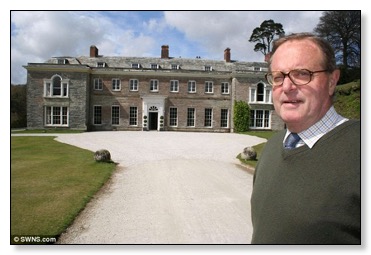
Anthony Fortescue, the Eton-educated High Sheriff of Cornwall,
has been found dead in the grounds of his historic country home
A police spokesman said: 'We received reports just before midday of an incident involving a firearm at the Boconnoc estate in Cornwall.
'A local man, 69, was pronounced dead at the scene and his next of kin has been informed. Police are currently investigating the matter but are not treating the death as suspicious.
'A file will be prepared for the coroner.'
In a statement released today, his wife Elizabeth said: 'Our daughters Clare and Sarah and I are so proud of all that Anthony created at Boconnoc. We and all the team at Boconnoc will miss him so deeply.'
The Boconnoc Estate added: 'It is with great sadness that the Boconnoc Estate confirm the untimely and sudden death of Anthony Fortescue at his home yesterday.
'The police are continuing with their investigations but have confirmed to the family that there are no suspicious circumstances.
'In recent years, Mr Fortescue has been instrumental - with his wife Elizabeth and two daughters, Clare and Sarah in revitalising the Estate and restoring Boconnoc House.'
The Boconnoc Estate, near Lostwithiel, Cornwall, commonly believed to be one of the most beautiful locations in Cornwall, dates from the Domesday Book of 1086.
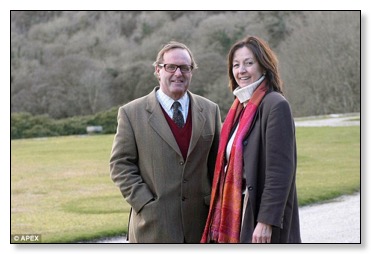
Anthony Fortescue, 69, pictured with his wife Elizabeth, was discovered on the 7,500-acre
Boconnoc Estate in Cornwall, lauded as being one of England's finest country estates
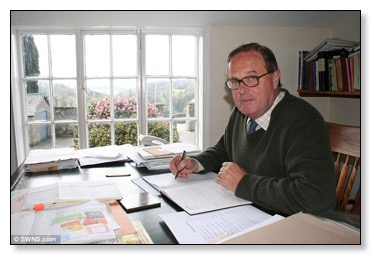
Officers say Fortescue (pictured at his home) had been shot and are not treating his death as suspicious
The Grade II-listed house, set in Cornwall's largest park, is said to have been used by Charles I who hid in one of the bedrooms - now known as the King's bedroom - during the Civil War.
Merchant Thomas Pitt purchased the estate with the proceeds of the famous Pitt Diamond in 1717, which he sold to the Regent of France before it ended up in the hilt of Napoleon's sword.
Pitt's grandson, William, became Prime Minister.
The property was used by American forces during the Second World War with the grounds used as an ammunition dump in preparation for D-Day in 1944.
The estate lay empty for nearly 30 years following the death of Anthony's great uncle in 1969 and fell into disrepair.
But together with his wife, 67, whom he married in 1977, Mr Fortescue started a labour of love and undertook a mammoth restoration in 1997.
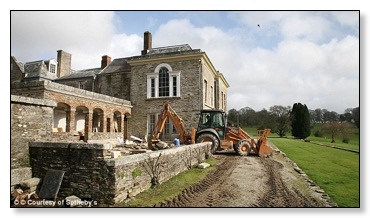
Construction workers carry out the massive task of renovating the 13th Century
Boconnoc House in Cornwall after it fell into serious disrepair
He sold some redundant barns to pay for the repairs and the finish restoration, completed in 2011, won a string of awards.
Mr Fortescue talked previously about the responsibility he felt towards the estate, saying: 'I've always said that I'd never destroy the estate by going mad on the house.
'I don't mind taking on the house to a certain figure, but I'm not a bottomless pit.'
The estate has been used as a film locations for movies including Rosamund Pilcher's Indian Bride, scenes from the 1993 film of The Three Musketeers and the BBC 2 production of Daphne.
In recent years the estate has promoted itself as an upmarket wedding and events venue, with mid-week wedding receptions starting from £3,950.
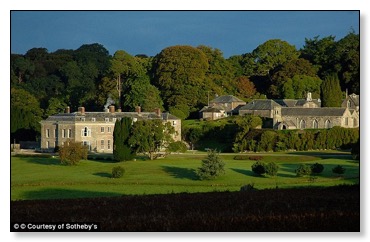
The house, its historic grounds, the gardens and deer park within
are now used for weddings, corporate days and private parties
The stunning house stands at the end of a two-mile drive which leads through a deer park and caters for up to 240 guests.
More recently, Mr Fortescue turned heads in London when he used his right as the High Sheriff of Cornwall to drive a flock of sheep over London Bridge.
The day before he died, Mr Fortescue had attended the Remembrance Sunday service in Bodmin in his role as High Sheriff.
Bodmin mayor Lance Kennedy said the news of his death had come as a shock.
'I was chatting to Mr Fortescue on Sunday. He mentioned he was about to go into hospital for a hip operation, otherwise he seemed in good spirits. I'm saddened and shocked to here he has died,' Mr Kennedy told the Cornishman.
The Lord-Lieutenant of Cornwall, Colonel Edward Bolitho OBE, also said Mr Fortescue played an 'important role in Cornish life.
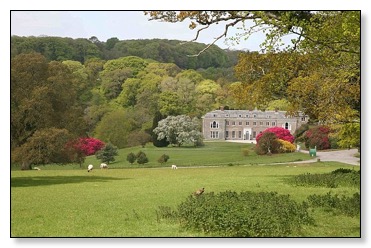
The house, set in Cornwall's largest park, was bought in 1717
by Thomas Pitt with the proceeds from the famous Pitt Diamond
and has been home to three British prime ministers
'In particular, his restoration of Boconnoc House has been a triumph of inspiration and optimism,' he said.
'After ,ore than ten years work, the House is now triumphantly restored, winning many awards and now being well used again for many and varied events.
'Running many other businesses from furniture making to holiday cottages, Anthony brought new life to the Boconnoc Estate.
'During his year as High Sheriff, although plagued by ill-health, Anthony did a great deal, including recently driving a flock of sheep across Tower Bridge to raise money for charity, in pursuance of an ancient right.
'The day before he died he had spent the whole day attending Remembrance Services in Bodmin, Truro and Carbis Bay.
'Anthony achieved an enormous amount in his life and was much loved by all who knew him. He was a family man and a true gentleman. He will be very much missed, but his achievements will live on.'
The Office of High Sheriff is an independent non-political Royal appointment for a single year.
The origins of the Office date back to Saxon times, when the Shire Reeve was responsible to the king for the maintenance of law and order within the shire, or county, and for the collection and return of taxes due to the Crown.
The office is now an unpaid privilege with ceremonial duties.
Sheriffs are appointed annually by the Crown through a warrant from the Privy Council, except in Cornwall where the appointment is made by the Duke of Cornwall.
He leaves his wife and two daughters Clare, 33, and Sarah, 31.
- An earlier version of this article stated that Boconnoc House Ltd was £387,000 in debt. We would like to make clear that there are no outstanding debts owed and financial affairs of the company and the Fortescue family are both sound. We apologise to those concerned.

Arthur Fortesque
| Automatic Subgenius Digestifier (@mc.lcs.mit.edu:Subgenius-request@mc.lcs.mit.edu) Thu, 6 Jan 94 00:00:15 EST | |
| | | |
| | http://subgenius.com/subg-digest/v5/0003.html |
| | ||
| |  | |
Alexandra Hall Fortesque

| Winter 1999 CUA Magazine |
Class Notes - Arts & SciencesJames Enright III, B.A. 1991, and Ellen Morgan, B.A. 1991, B.S.N. 1994, were married July 18, 1998, in Washington, D.C. CUA alumni in attendance: Ellen’s brother Patrick Morgan, J.D. 1995, John Gavin, B.A. 1991, John Norman, B.A. 1991, Julie Cross, B.A. 1990, Victoria Caspar, B.A. 1990, Alexandra Hall Fortesque, B.S.N. 1993, Eileen Carlson, B.S.N. 1994, Geraldine "Geri" Keck Holly, B.A. 1977, and Rupert Brady, B.E.E. 1953. Mr. Enright is a financial asset manager with Federal Realty and his wife is a study coordinator/RN for Allergy Asthma Associates. They live in Bethesda, Md.
Algernon Q Fortesque
KEITH MORRIS BY KEITH MORRIS X 71
Introduction and Background to the project
I have for as long as I can remember been fascinated by my name. "Keith Morris" is not an exotic name, but neither is it a common name. It confers both familiarity and a degree of exclusivity. It is a name which is anonymous - it reveals little or nothing of the persons nationality, age, class, status or language .
It is a name incapable of being reduced, compressed or modified. If your name is ,say, William you have the options to be called Bill, Billy, Will, Willy or William, depending on the situation and the level of formality.. Keiths are just Keith and have to remain so.
This project will be a comprehensive and complete survey of all the Keith Morris's living in Wales .
The starting point for the survey was a trawl through the telephone directories, calling all entries under K. Morris. Many of these entries were for Ken, Katherine, Kevin, Karen, Kieron, Kerry or even Kurt. About one in five were Keith
To date I have managed to contact 71 Keith Morris's , from the telephone directories and from talking to some of the other Keith Morris's [my fascination with my name seems to be contagious] . The second phase involved feeding the media and press with information , with the aim of getting local and national coverage for the project and so drawing in other Keith Morris's who are not listed in the phone books (perhaps because they aren't on the phone; the phone is in someone else's name; they live in hostels or other homes; they are too young to be on the phone; or for any other reason).
I would love to have as wide an age range as possible even including babies and young children.[this project could be never ending!] I anticipate that the final number of contacts will be somewhere between 75 and 80 . Small enough to be manageable as a self contained project but large enough for the results to be interesting and possibly significant .
So far the response from those that have been contacted has been very encouraging. Only two have so far refused outright to take part although the wives of one or two will need a little more coaxing before they are finally persuaded that this is not some elaborate scheme by some crazy Jeremy Beadle-like character. On the whole the other Keith Morris are as curious as to who I am as I am curious about them.
....
This Keith Morris is 36, an economist and town planner by training, who turned photographer in his 20's. 'The project gets me back to concerns about the nature of society.I am using my name to sample a group who have nothing in common apart from the name. Keith Morris is not a rare exotic name, but neither is it as common as, say, Dai Jones. It is both familiar and limited. It has a cultural significance. It is anonymous in that it does not reveal class status or linguistic background as would names like Algernon Q Fortesque or Idwal ap Siencyn. It has no dimunutive, as Williams are Bills or Wills. Keith is just plain Keith.
...

Ann Fortescue
Adrian Fortescue

EUROPEAN PARLIAMENT
COMMITTEE ON CITIZENS' FREEDOMS AND RIGHTS,
JUSTICE AND HOME AFFAIRS
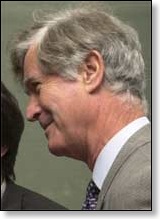
| | | |
| | SPEAKERS | |
| | | |
| | | |
| | | |
| | | |
| | Commission Communication to the Council and the European Parliament | |
| | | "Towards greater efficiency in obtaining and enforcing judgments in the European Union" |
| | | |
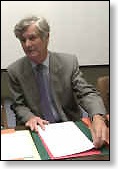
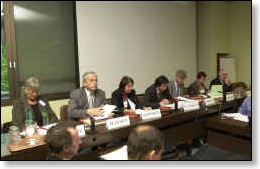
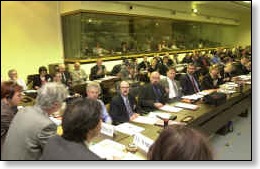
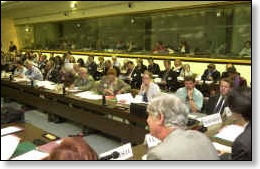
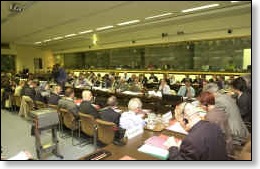
First Meeting of the EU Forum on Organised Crime Prevention.
Brussels – 17/18 May 2001
Opening speech by Mr Fortescue
Ladies and Gentlemen,
it is a great pleasure for me to welcome you, in presence of State Secretary Ms. Rennerstedt , to this first Forum for the prevention of organised crime. My hope is that it will come to be seen as a new landmark in the building of a comprehensive European strategy to combat crime.
The idea that organised crime, like so many other evils, ancient and modern, can and should be combatted through prevention as well as repression has only relatively recently been recognised at the level of the European Union. That is not to say that all Member States have been unaware of the role that prevention can play. I am thinking in particular of Sweden which has long championed the idea. But the real break through at EU level can probably be traced to the period which led up to meeting of Heads of State and Government at the Tampere European Council. It was there that in this as in many other areas of Justice and Home Affairs that the need to give an impetus to prevention efforts at national and European level was recognised at the highest level. Building on the success of preventive experiments and the acknowledgement that combatting crime and particularly organised crime required innovative countermeasures, European leaders agreed that the debate on prevention which hitherto had been essentially national, should now be also conducted at European Union level. A succession of expert and high level meetings, from Stockholm in 1996 to Prahia da Faleisia in 2000 and Sundsvall in February this year, has led to the emergence of three important axioms which should underpin future work at EU level:
a balanced approach mixing prevention and repression has shown its effectiveness by comparison with purely repressive actions;
any strategy must not only be reactive but also anticipative. It must also be evolutive to adapt to the evolution of the different forms of criminality;
finally, and of particular relevance to this Forum, experience shows how important it is for the public authorities to involve the private sector and, more generally, civil society, to ensure the relevance and coherence of the initiatives taken to combat crime in all sectors addressed.
The Commission would like to offer particular congratulations to the Swedish Presidency for its crucial part it has played in adding impetus to prevention issues at European level. The next JHA Council at the end of this month is scheduled to acknowledge the first results of this work when it will be invited to decide as the creation of a European network on crime prevention. Inspired by a joint initiative from France and Sweden, this network will deal in priority with urban criminality, youth and drug related crime. We also hope the Council will adopt the Commission’s proposal for a new EU financial programme, Hippocrates, to fund European wide prevention projects, as called for at Tampere. This new programme is constructed to complement existing ones, notably the FALCONE programme which had been established to support the implementation of the recommendations of the 1997 EU Action Plan against organised crime. It is intended also to give the financial impetus necessary for the development of a stronger prevention dimension in the EU strategy against crime.
Having ensured that the prevention policy is addressed at all the appropriate levels, including the European level which is particularly relevant when dealing with organised or transnational crime, we must also ensure that the debate is open to all partners who have a contribution to make and want to make it.
Linking in partnership the main non-governmental players in crime prevention with public authorities, with a view to developing crime reduction methods, and particularly techniques to reduce opportunities for criminals, was identified as a central issue by the Commission in its Communication on crime prevention. This analysis was further fine-tuned when the Commission, together with Europol, examined possible proposals to promote prevention of organised crime in future work at EU level as requested by the Council in its Resolution of 1998 on the prevention of organised crime. One of the major messages which the Commission would like to take away from this analysis is that partnership between those most concerned in the battle against the proliferation of organised crime in our economic and societal existence will have a central role to play if the considerable efforts which the European institutions and bodies are making to fight organised crime are to be effective.
That is why the Commission attaches such importance to associating all partners in working out countermeasures to ensure that our strategy against organised and economic crime is, first of all - and as required by both the subtlety and the scale of the phenomenon – multidisciplinary ; secondly, addresses the right questions at the right time; and thirdly, comes up with solutions and clear ideas on the most appropriate levels for their implementation, be it European or national, in the public or in the private sector, and using the instruments of law and self regulation.
Ladies and Gentlemen,
The European Forum for the Prevention of Organised Crime which is gathering today for the first time has been set up to support this dynamic. I am glad to see that, as demonstrated by your presence, it has raised interest and support in the wide spectrum of actors determined to combat organised crime. Happily, this support comes as no surprise to me, as previous opportunities to meet representatives of the civil society, or of specific concerned sectors, had convinced us that such a proposal would meet your expectations. The impressive attendance at the hearing organised by the Commission in March on the basis of its Communication on cybercrime had already demonstrated the interest of the private sector in this type of démarche.
We hope that the process we are initiating today at European level will be mirrored by and benefit from similar processes launched at national level. The Forum will meet regularly to discuss organised crime and economic crime related topics and further examine how civil society, business, researchers and certain "key professions", together with criminal justice and other relevant public departments, can contribute to preventing organised criminal activities. Furthermore the Forum will dovetail with the work of the future European Network for Crime Prevention.
This Forum should be seen as a platform open to all prevention players. It has the chance to become a major source of ideas on organised crime prevention issues, offering advice on upcoming threats and possible priorities for actions, and supporting innovative pilot projects. The core idea underlying this initiative is that any effective crime prevention policy requires the commitment of the whole society.
We know that one of the challenges raised by organised criminality is its elusive character. It is difficult to quantify, sometimes because it is difficult to identify sometimes because of a lack of available information some of which only victims have. This makes a complete picture of the phenomenon difficult. And without a precise picture, counter-measures can be inadequately focused or come too late. The Forum should therefore be a new channel for exchanging information, and pooling resources.
We also know that organised crime often needs to exploit legitimate channels for its purposes. It does not hesitate to use or abuse inadequately alerted or prepared entrepreneurs, bankers, public officials, indeed any individual who may unwittingly participate in the commission of an organised criminal activity. Therefore an important aspect of the Forum will be to help to raise awareness of crime prevention among groups and sectors at risk, and to promote a "preventive culture".
More generally, the proposal to establish this Forum is in long with the Commission’s wider efforts to ensure that actions that can impact on crime property consider and duly take into account the various concerns at stake. To that extent it links up with the Commission’s efforts in the field of governance, and first of all in its own performance. Good governance, meaning transparency, participation and liability in the decision-making process, requires decision makers actively to seat a greater participation of all actors in their efforts to confront organised crime and economic crime. But it also constitutes an invitation to these actors to seize the opportunity and to assume their responsibilities. Only then could we develop appropriate and effective preventive strategies. Success will be, at least in part, measured by the initiatives and commitments which will come out of this Forum.
Ladies and Gentlemen,
The scale of the endeavour needed to deal with the multiple facets and types of criminal activities will require sustained involvement from all of us, and good organisation of our work together. Let me end by repeating my hope that this first European Forum will lay the foundations for a more systematic and structured co-operation between partners to shield our society against crime, and will lead to innovative and comprehensive answers to the existing and future threats for the benefit of all law-abiding citizens of our European Union and beyond.

Anthony Fortescue
...Fortescue, who is a stickler for delivering his furniture, recommends Cadogan Tate for shipping.
'They're are excellent carriers of furniture,'he says. 'They're very efficient, very punctilious...
Design World, Anthony Fortescue - Furniture Reproductions

Arthur McKay Fortescue
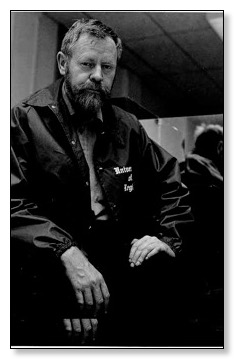
Art McKay as Professor of Art
With the University of Regina, 1977.
Arthur (Art) McKay was born September 11th, 1926, in Nipawin, Saskatchewan. He studied at the Provincial Institute of Technology and Art in Calgary (1946-48) and the Academie de La Grande Chaumiere, Paris, France (1949-1950). He was hired by Ken Lochhead as a Special Lecturer in Art with the School of Fine Arts at Regina in 1952. McKay became the workshop coordinator for the 1957 and 1959 Emma Lake Artists' Workshops given by Will Barnet and Barnett Newman, and attended the 1955 workshop with Jack Shadbolt. He also studied in New York and with the Barnes Foundation in Merion, Pennsylvania (1956-57).
Apart from a term as an Associate Professor of Art with the Nova Scotia College of Art (1967-68), he taught as an Associate Professor with the University of Regina until his retirement in 1987. During this time he was known as a member of the Regina Five who exhibited at the National Gallery in 1961 and who were considered to be at the forefront of the Canadian abstract art movement. His work has been shown across Canada and in the United States, where he was included in a 1964 Los Angeles exhibition organized by the New York art critic, Clement Greenberg, and entitled "Post- Painterly Abstraction". Organized to marking the new generation of "colour" painters, McKay was one of only three Canadians to be included in the show.
http://scaa.usask.ca/gallery/art/artists-mckay.html
| Saskatchewan Artists | Object Type - Painting
| | ...
| |||||||||||||||||||
http://esask.uregina.ca/entry/mckay_art_1926-2000.html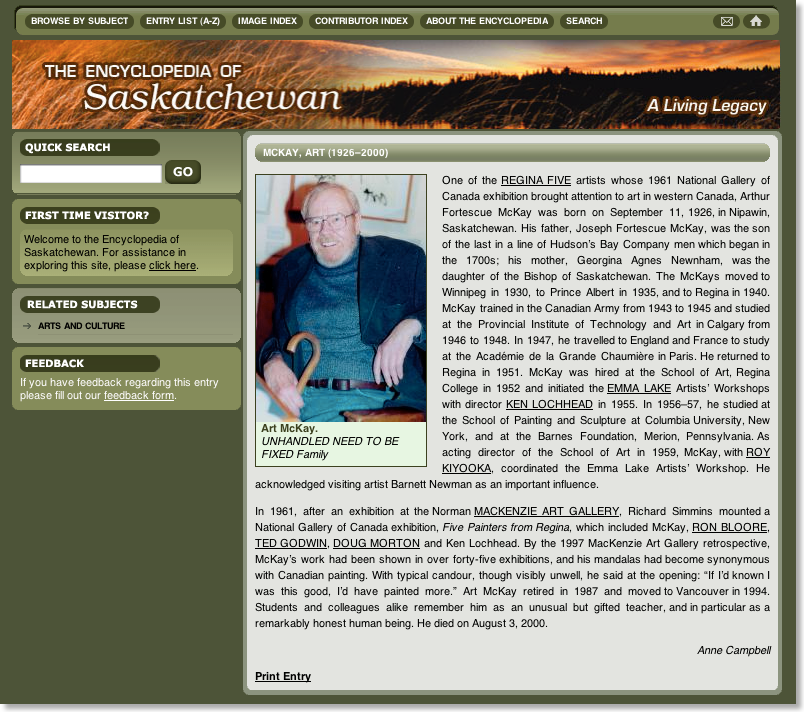

A. Fortesque
Academy Auctioneers & Valuers
Date 19/08/99
Northcote House, Northcote Avenue, Ealing, London, W5 3UR.
Viewing :Viewing prior to sale.
1090. - An Edwardian Lady picking roses, Oil on board, signed A. Fortesque 20 x 14 E80 - 120.
Armand Fortesque (Games)
![]()
In Nomine Character Encylopedia
Current as of: 10/12/00 4:26:04 PM
Fortesque, Armand, Balseraph Servitor of Nightmares, Page: YAH 26-27, Notes: Director at Dellman's Studios
http://www.incyclopedia.org/printable.html
All Celestials by Choir and Superior
Fortesque, Armand, Balseraph Servitor of Nightmares
http://www.incyclopedia.org/cels-cs.html
All Characters by Name
Fortesque, Armand
Balseraph Servitor of Nightmares
Page reference: You Are Here, p. 26-27
Notes: Director at Dellman's Studios
Fortesque, Armand, Balseraph Servitor of Nightmares
http://www.incyclopedia.org/byname.html
Demons by Band
Fortesque, Armand
http://www.incyclopedia.org/demons.html
Demons by Superior
Servants of Nightmares
Fortesque, Armand
http://www.incyclopedia.org/demons-by-superior.html
Detail of Fortesque, Armand
Fortesque, Armand
Balseraph Servitor of Nightmares
Page reference: You Are Here, p. 26-27
Notes: Director at Dellman's Studios
http://www.incyclopedia.org/ch5039.html
![]()
![]()

A-Wallace Fortesque (Games)
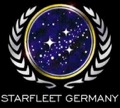
U.S.B. Atlantis
CM Ens. A. Wallace Fortesque
1. Allgemeines:
Name : Fortesque
Vorname : A. Wallace
Spezies : Mensch
Geschlecht : männlich
Geburtsjahr : 2370
Heimatplanet : Erde / Highland Valley
Rang : Ensign
Position : CM, USB Atlantis
Registriernummer : 20091993
Grösse : 1,85 m
Gewicht : 90 Kg
Augenfarbe : blau
Haarfarbe : Dunkelblond
2. Lebenslauf/Werdegang:
Wallace wurde als Sohn eines Musikers und der ihn begleitenden Gattin geboren. Er ist Einzelkind. Die Konsequenz aus dem Beruf seines Vaters war, das sie regelmaessig auf Tour waren und nur wenige Tage im Jahr in ihrem Haus verbrachten, das sich im ehemaligen Schottland befand. So war er schon von Kindesbeinen an gewohnt zu reisen, und sich in ständig wechselnden Umgebungen zurechzufinden. Mit an Sicherheit grenzender Warscheinlichkeit hat er sein musikalisches Talent von seinen Eltern geerbt. In seinem Elternhaus, das neben der musikalischen Auflockerung relativ streng war, hat er eine sehr religioese Erziehung erfahren. Dies färbte auf ihn bis zu dem Punkt ab, an dem er begann alles was er in sich aufgenommen hatte in Frage zu stellen. Nicht zuletzt war dies auch einer der Gründe für ihn sich bei der Sternenflotte zu bewerben. Von dieser hörte er bewusst zum ersten mal, als icher im Alter von 6 Jahren mit seinen Eltern in Paris weilte. Dort erblickte er ständig Personen in seltsamen Uniformen, und befragte seine Eltern hiernach. Diese erklärten ihm die SF aus ihrer Sicht. Sie weigerten, und weigern sich weiterhin, die Erde zu verlassen, es verstösst wohl gegen ihre Überzeugungen, ihn aber veranlasste es zum träumen. Wieviel fremde Welten mochte es wohl geben, und wie würden ihre Bewohner aussehen. Trotz dieser Faszination kam er dem Wunsch seiner Eltern nach, und studierte Musik am "Scotia House of Music". Doch die Faszination an fremden Welten liess ihn nie los, und so beschloss er, sich nach seinem Abschluss, bei der Sternenflotte zu bewerben. Nach geglückter Aufnahme entschied er sich dort für das Studium in den Bereichen Psychologie und Raumfahrttechnik.
3. Besondere Fähigkeiten:
Sehr gute musikalische Kenntnisse
- Sprachen : Deutsch, Englisch fliessend in Wort und Schrift, sowie Grundkenntnisse in Spanisch, Portugiesisch und Italienisch
- Basisausbildung im Rettungsschwimmen
- Computertechnisches Standardwissen des 20.Jahrhunderts
4. Medizinische Akte:
Keine Implantate vorhanden. Im Alter von 19 Jahren wurde von einem, offenbar an akuter Inkompetenz leidendem, Internisten eine chronische ankreatitis diagnostiziert, was sich aber nach mehrmaligen Nachuntersuchungen als Irrtum herrausstellen sollte. Ansonsten keine Eintragungen.
5. Psychologisches Profil:
Wallace ist zurueckhaltend aber froehlich. Gefuehlsausbrueche sind selten, und haben meistens etwas mit Musik zu tun. So liebt er es zum Beispiel sich im HD auf eine Stadionbuehne zu stellen, und dort vor hundertausenden von Zuschauern Musik zu machen. Darueber hinaus schafft er es selbst beim pseudo-sentimentalsten Film nicht, etwaige Traenen zu verstecken. Im alltag hingegen versucht er diese Seite nicht zu zeigen, sondern ein eher souveraenes Bild abzugeben (typischer Vertreter seines Geschlechts eben). Weiterhin ist es für ihn wichtig sich nicht selbst zu ueberschaetzen, und im allgemeinen Ehrlichkeit walten zu lassen. Wallace ist seinen Vorgesetzten gegenüber loyal, auch wenn ihm die ihm gegebenen Befehle sich hinsichtlich ihres Sinnes ihm zu beginn nicht ganz erschliessen wollen. Nichtzuletzt ist er Lern -willig, und vor allem auch -fähig. In Bezug auf Reizbarkeit und Nervositaet ist er weder positiv noch negativ auffällig.
6. Klassifizierte Sektion:
Kein Eintrag.
U.S.B. Atlantis
Logbuch: Mission Xentaurus III
SD51217 - SD60530 |
Detail : Reaktion auf einen Notruf
Einheit : USB Atlantis, USS Reiko, USS Einstein, USS Feynman
Dauer : SD 51217 - 60530
Art : Rettungsmission und mehr ...
Ergebnis : Ausgeführt
SD 60514:
Lt. Widget übergibt ihren Posten als CM an Ens. Fortesque. Sie
übernimmt den freigewordenen Platz des CNS.
U.S.B. Atlantis
Besatzung (Bios)
PC (*) ![]() Ens. A. Wallace Fortesque Mensch (m.) CM
Ens. A. Wallace Fortesque Mensch (m.) CM
Annie Fortescue Harrisson
In The Gloaming - 1935
![]()
This original piece of 1935 sheet music features a picture of Harry Kogen.
The words and music were written by Annie Fortescue Harrison.
This piece is for piano, guitar, or voice.

circa 1935 "In The Gloaming"by Annie Fortescue Harrison
Piano sheet music w/ukelele & guitar chords calumet music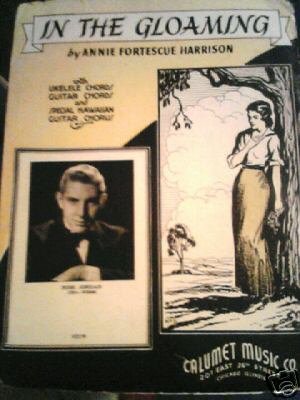
![]()
PHONOGRAPH RECORDS IN THE UTC LIBRARY
(..............)
CALL NUMBER: Sound recording 3725
AUTHOR: Garden, Mary, 1874-1967.
TITLE: Mary Garden. [Sound recording]
PUBLISHED: [S.l.] : O.A.S.I. Records, 196u.
DESCRIPTION: sound disc : 33 rpm, mono. ; 12 in.
SERIES: Homer Allen memorial opera collection
CONTENTS: Carmen: En vain pour eviter / Bizet -- Louise : Depuis le
jour / Charpentier -- Resurrection: Dieu de grace / Alfano
-- Beau soir / Bourget-Debussy -- Clair de lune /
Verlaine-Szulc -- In the gloaming / Meta Orred - Annie
Fortescu Harrison -- Afton water / Robert Burns -- Jock
o'Hazeldean (Old Scotch folksong) -- Over the steppe /
Gretchaninow -- At dawning (Eberhart-Cadman) -- Annie Laurie
/ Scott -- At parting / Peterson Rogers -- Pelleas et
Melisande: Mes long cheveux / Debussy -- Green /
Verlaine-Debussy -- L'ombre des arbres ; Il pleure dans mon
coeur / Debussy.
NOTE: Mary Garden, soprano, with piano or orchestra.
SUBJECT TERM: Operas -- Excerpts.
SUBJECT TERM: Songs (High voice) with piano.
(..............)
![]()
Music for the Nation: American Sheet Music, 1870-1885![]()

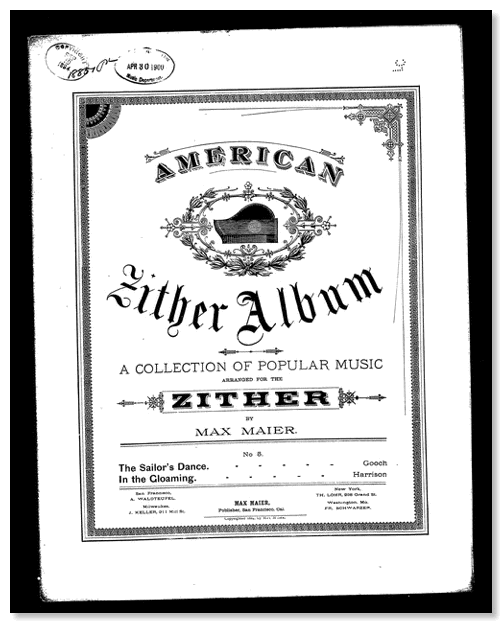


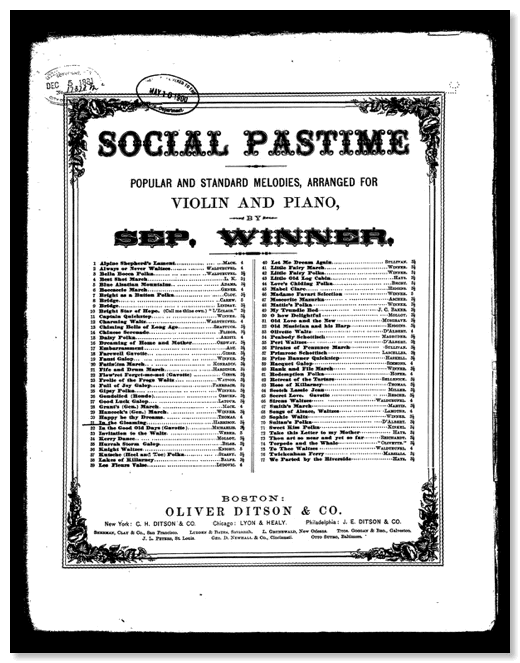

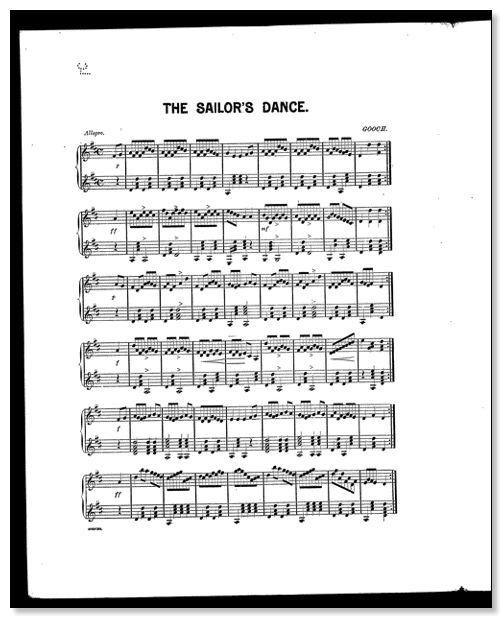
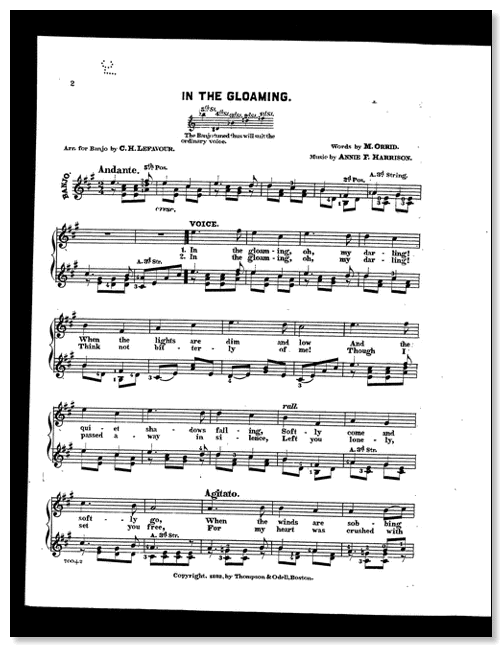
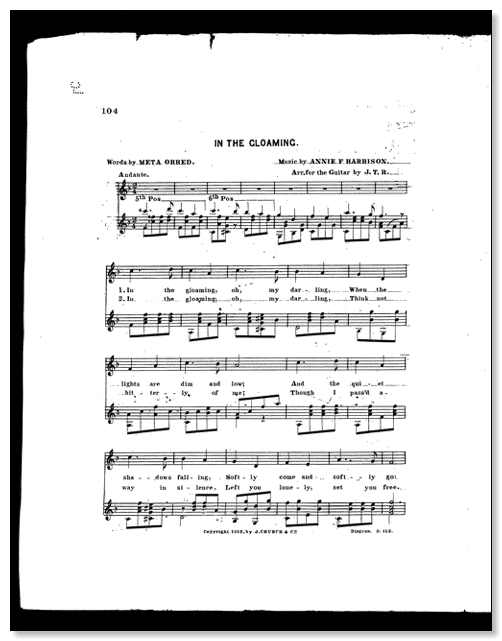
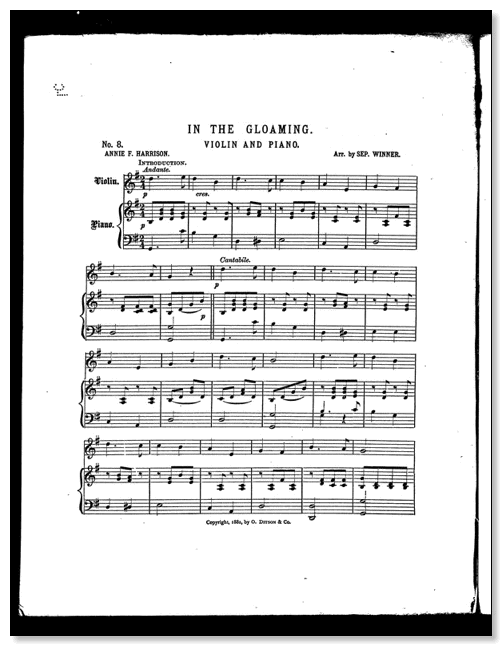

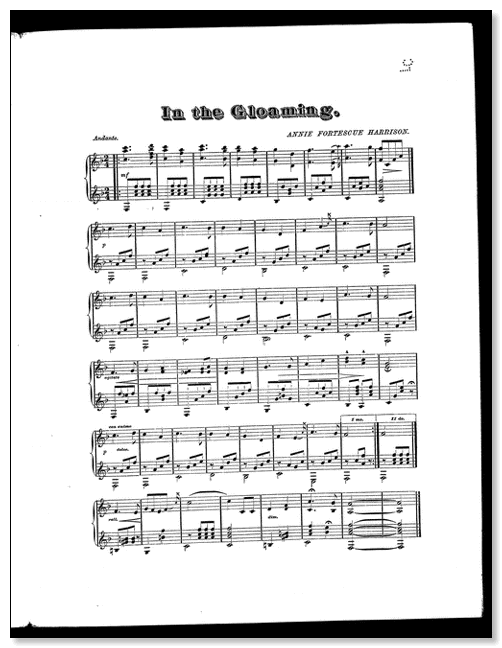
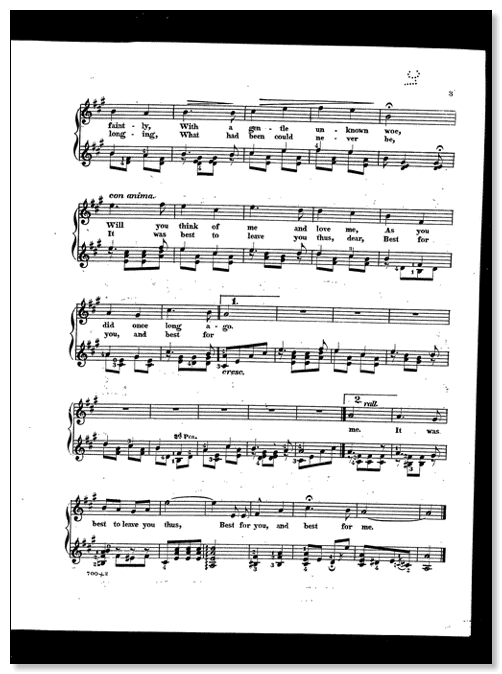
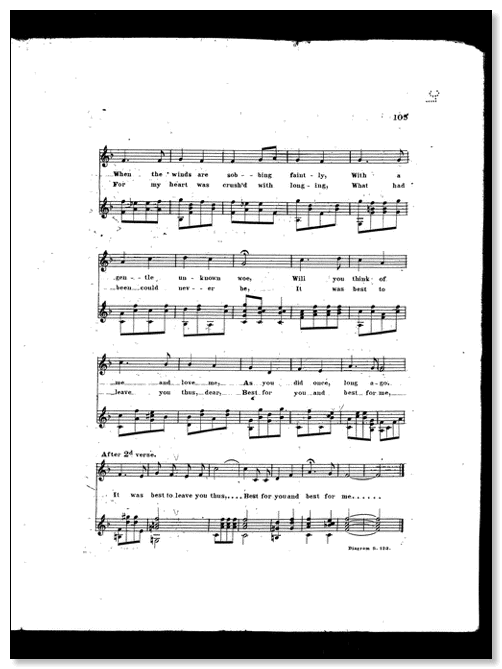
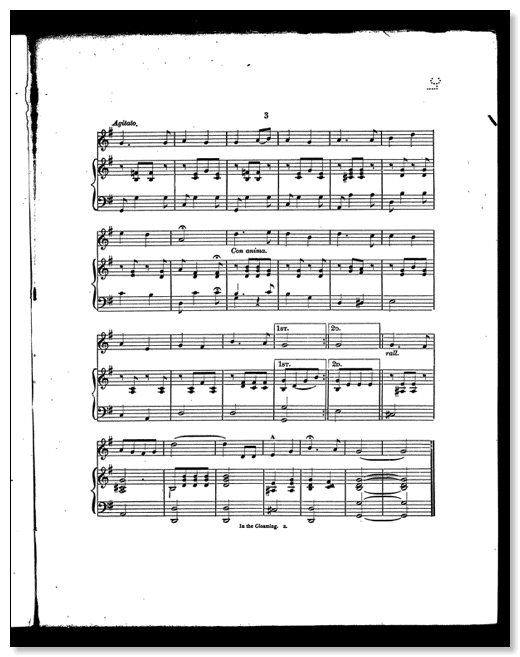

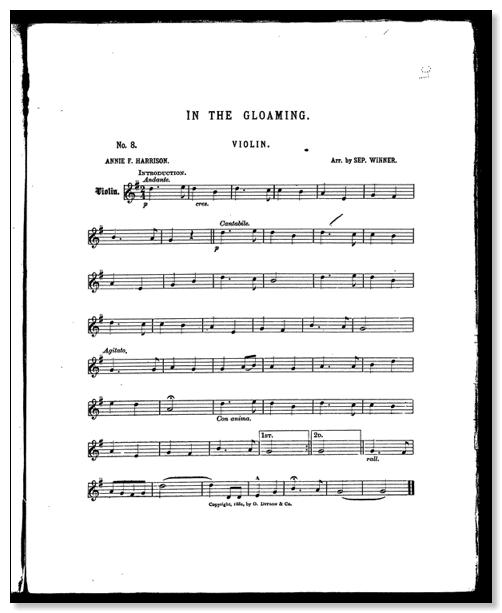
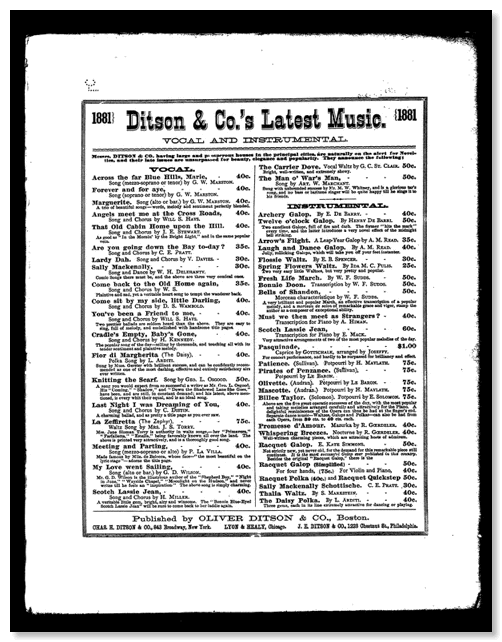
Old-Time Radio - Theme Title Index
classicThemes.com
(sorted by TITLE)
This page was last edited on August 24, 2000
This is a cross reference of TITLES of musical compositions used as Old-Time Radio THEMEs in the U.S., the SERIES on which they were used, and the names of COMPOSERS where known.
This list will be expanded to include new themes and additional information as time permits...
THEME TITLE
by: COMPOSER(S)
In The Gloaming
by: Lady Arthur (pseudonym of Annie Fortescu Harrison) Hill (m) ; Meta Orred (w)
Theme 1 for: Young Widder Brown
To the Classic U.S.TV Series Theme List
To the Light Instrumental Music "Hall of Fame"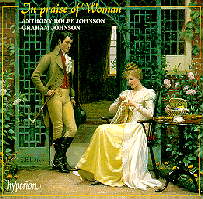
In praise of Woman
150 YEARS OF ENGLISH WOMEN COMPOSERS
ANTHONY ROLFE JOHNSON tenor
GRAHAM JOHNSON piano
| PICK OF THE YEAR, CDREVIEW GRAMOPHONE EDITOR'S CHOICE |


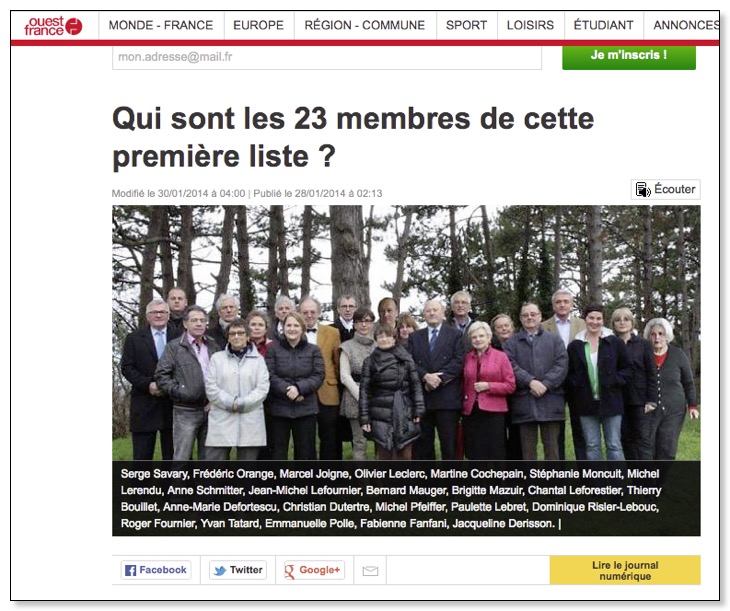
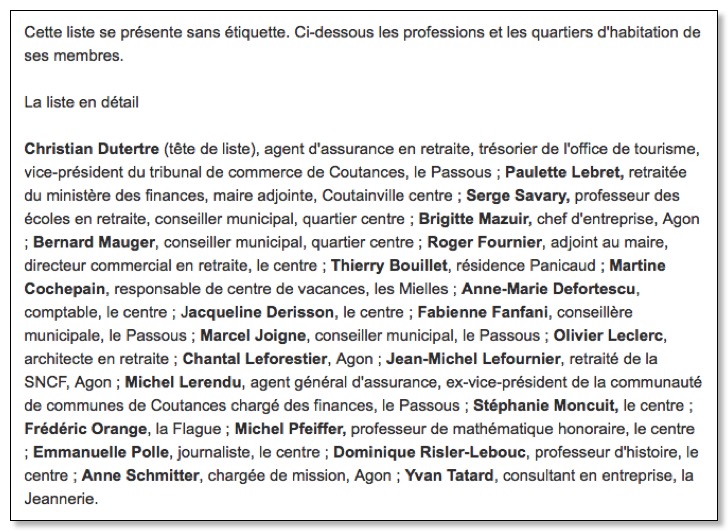
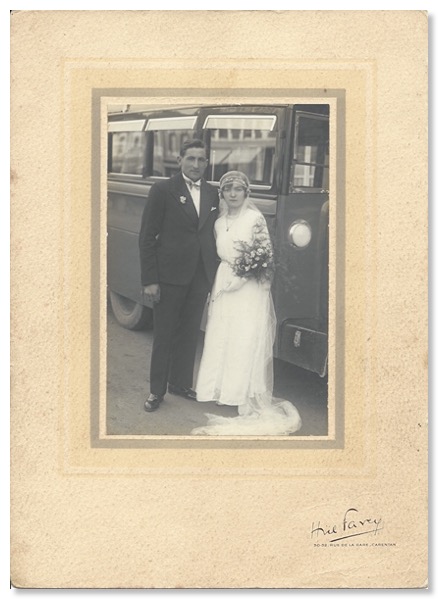
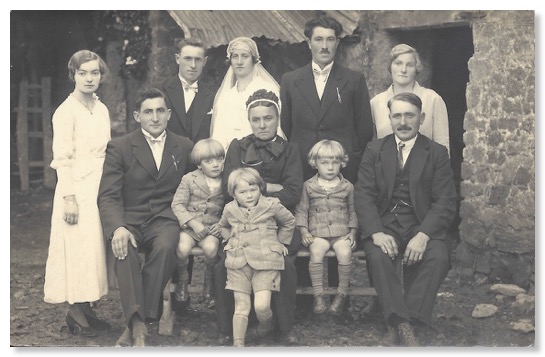
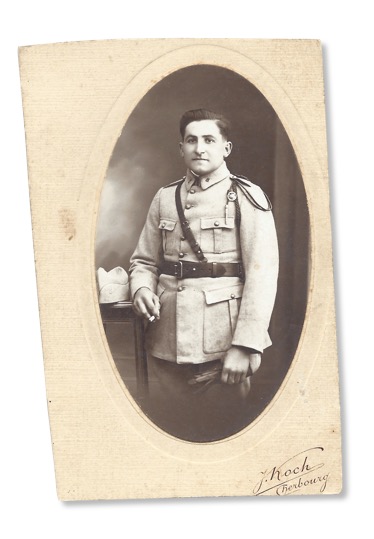

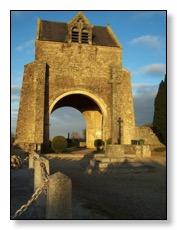 .
. 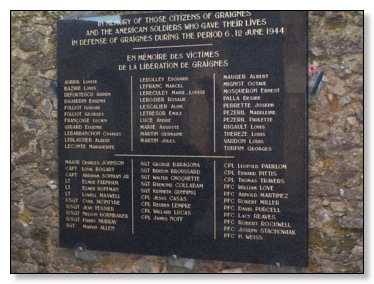
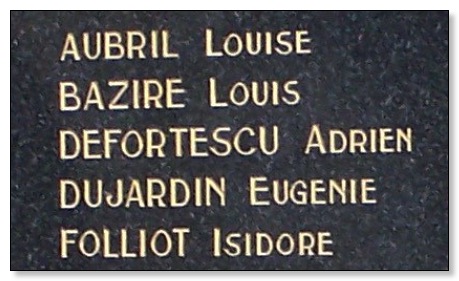
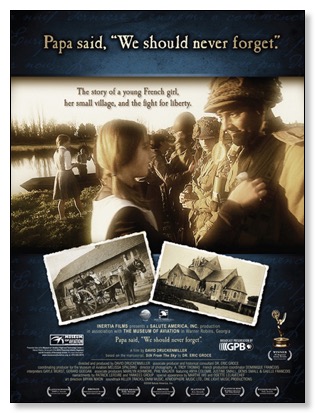 .
. 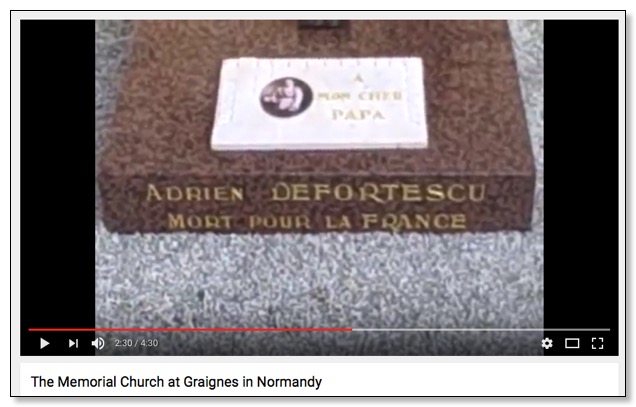
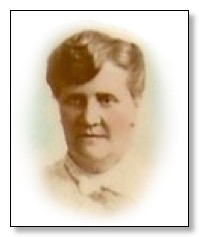
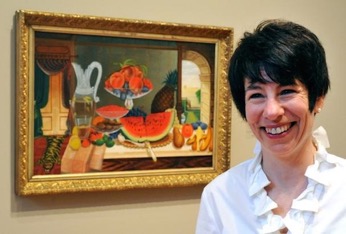
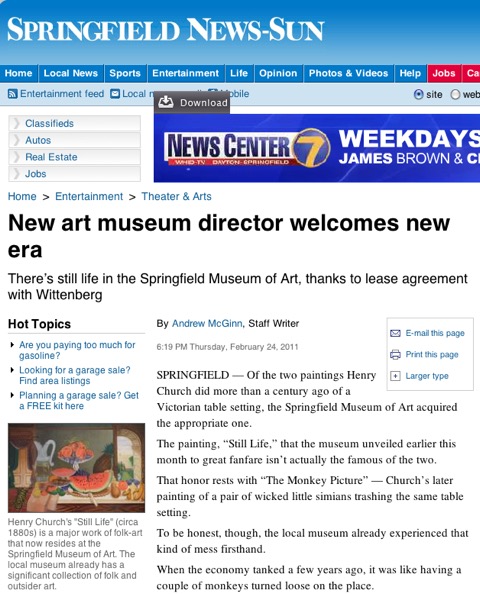
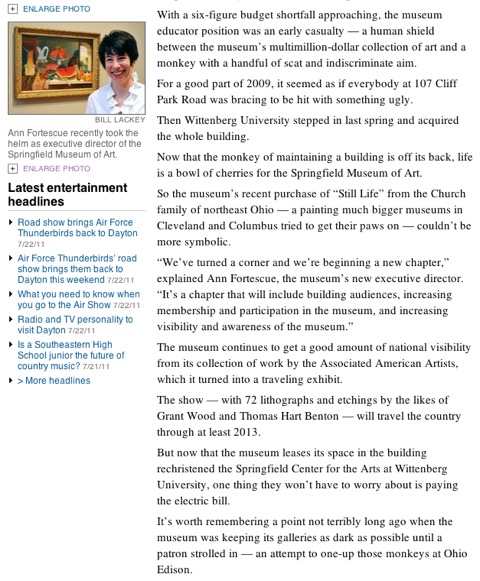
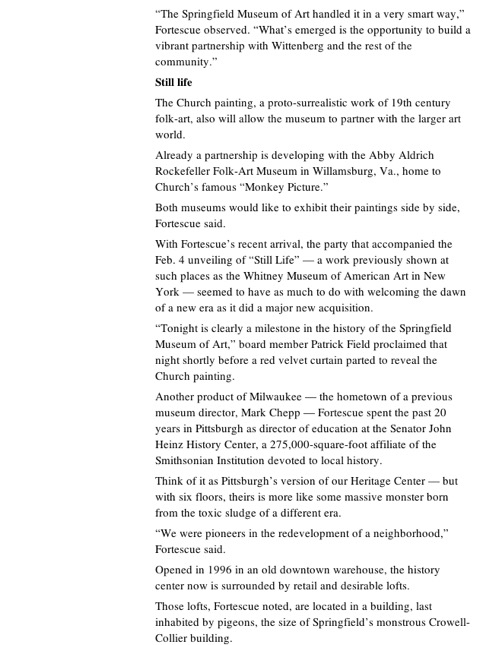
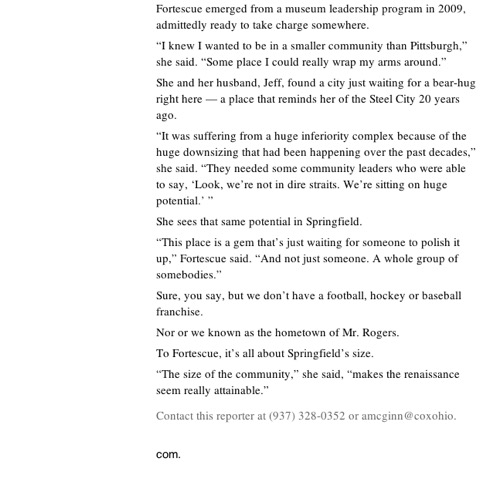

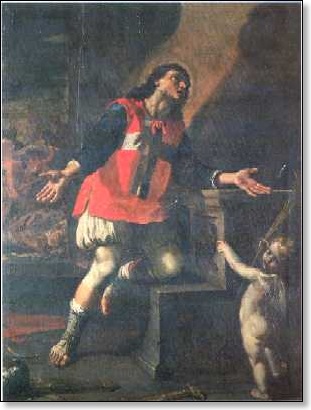 .
. 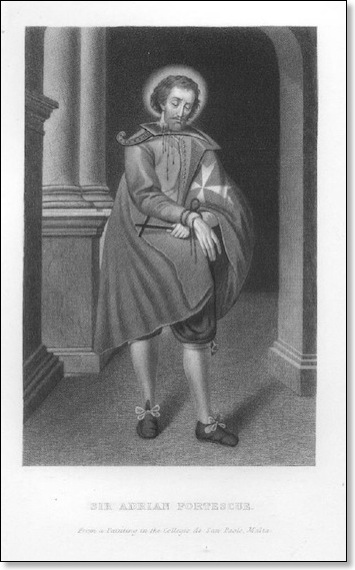
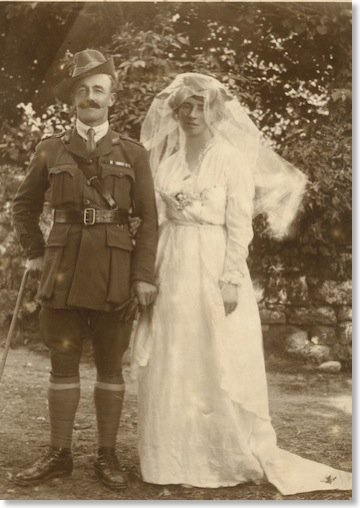
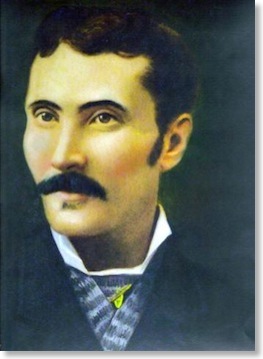
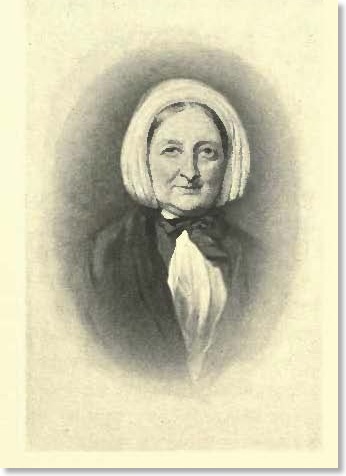
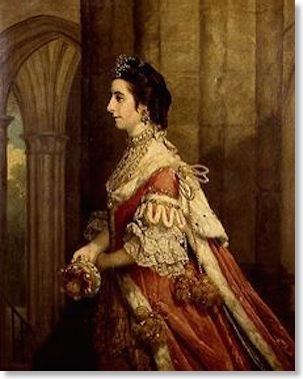
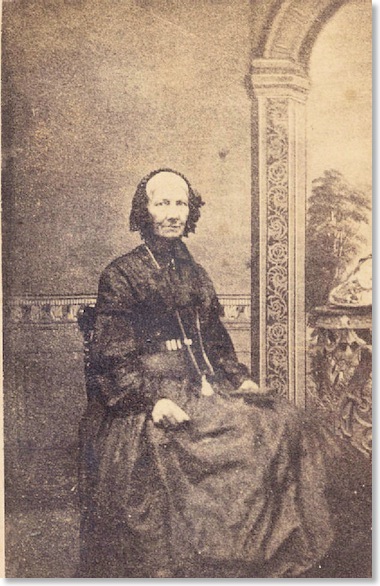
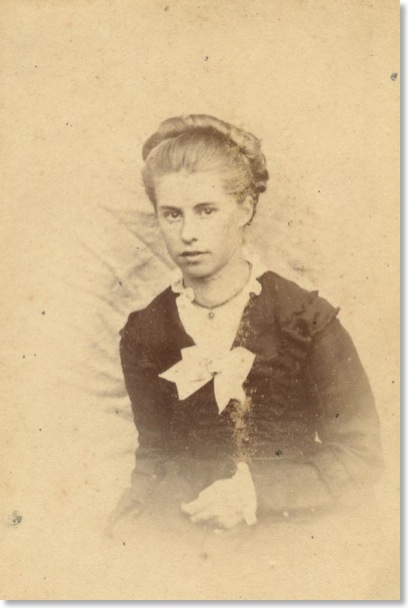
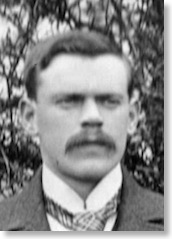
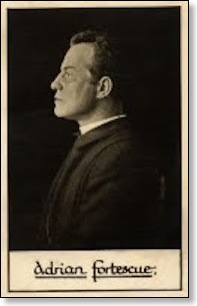 .
. 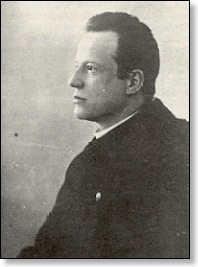 .
. 